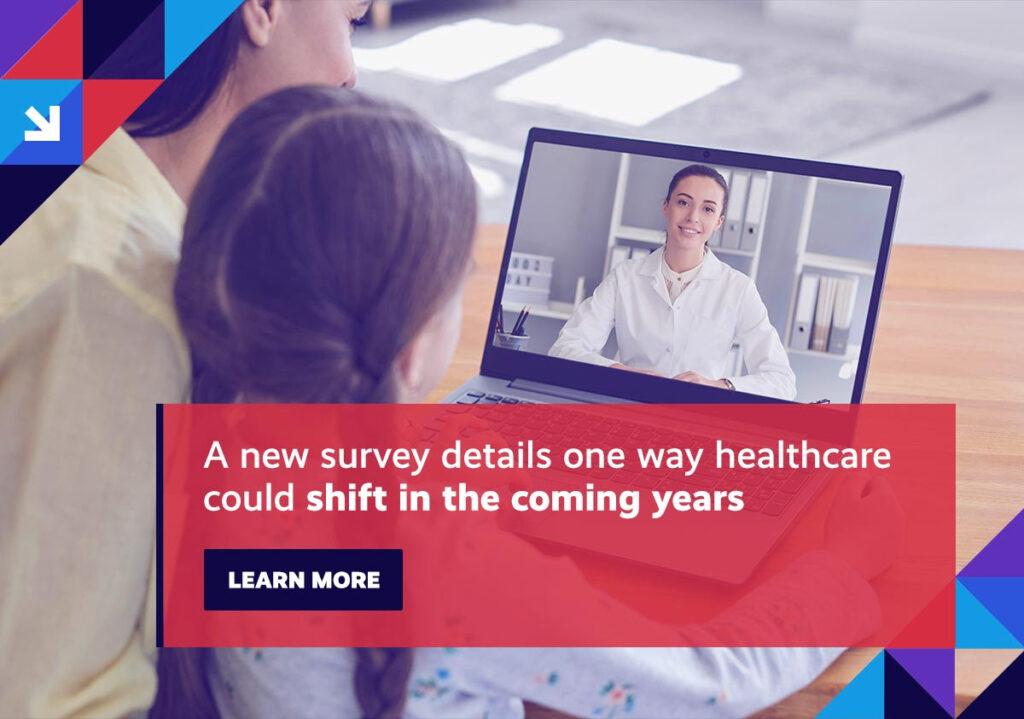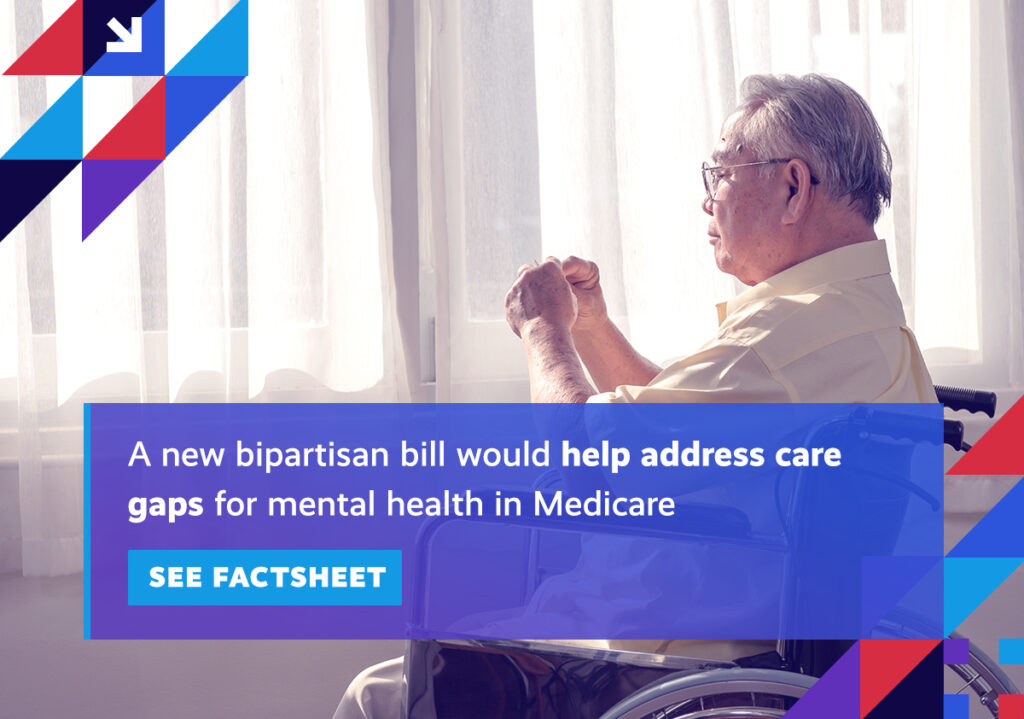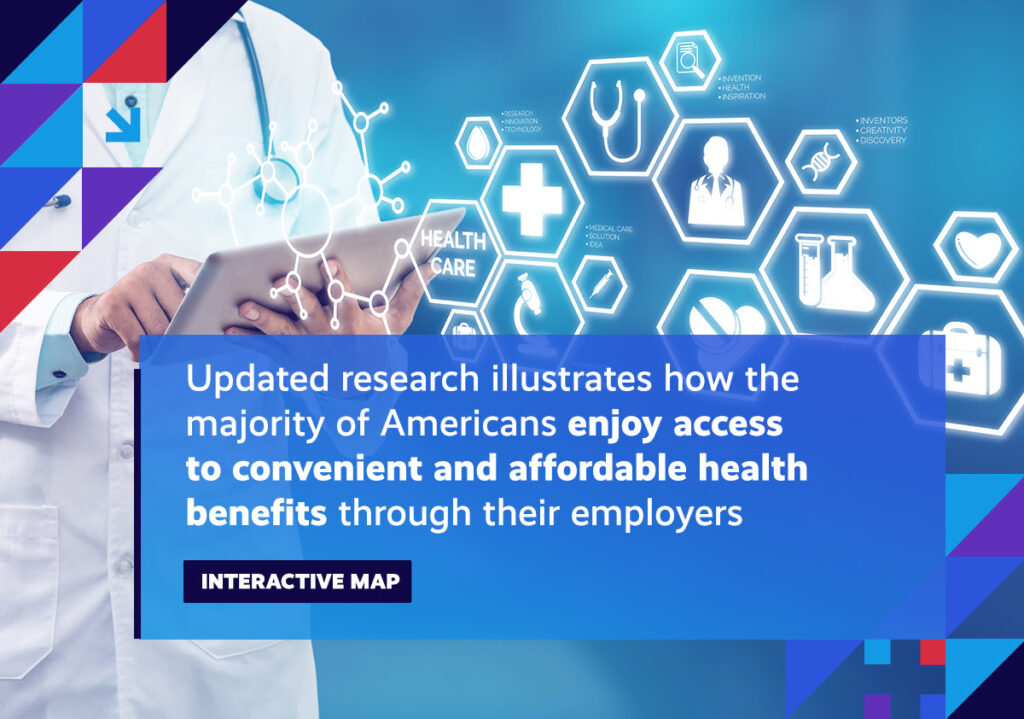Stakeholders highlight how PBMs improve health outcomes and the patient experience; advocates come together to support bipartisan legislation aimed at closing gaps in mental health care for Medicare beneficiaries; hospital consolidation draws increased ire; and, lawmakers propose to extend waivers easing telehealth access.
We encourage you to stay involved as implementation efforts surrounding healthcare reform progress. Visit the Health Action Network and be sure to let us know what’s on your mind.
Item of the Week

Week in Review
PBM Value: Pharmaceutical manufacturers continue to try to deflect blame for rising drug prices, pointing fingers at everyone else in the supply chain, despite the fact that they’re the ones the majority of people hold accountable for setting these prices in the first place. Not allowing this rhetoric to distract from the important work that others in the supply chain are actually doing to connect consumers with affordable, quality medicines, stakeholders have come to the defense of pharmacy benefit managers (PBMs), highlighting how their efforts on behalf of health plans, employers, government programs, and consumers are improving, both, patients’ pharmacy experience and health outcomes. By leveraging their ability to help coordinate care, PBMs are positioned to better optimize consumers’ ability to fill prescriptions safely, identify potential harmful interactions, and ensure medication adherence.
Mental Health: A bipartisan, bicameral bill seeks to close critical mental health care gaps for Medicare beneficiaries. The “Mental Health Access Improvement Act,” proposed by Sens. John Barrasso (R-Wyoming) and Debbie Stabenow (D-Michigan) in the U.S. Senate and Reps. Mike Thompson (D-California) and John Katko (R-New York) in the U.S. House of Representatives, would help address this issue by expanding the network of providers that are able to deliver mental and behavioral health services to Medicare enrollees. Specifically, the proposed legislation would add approximately 225,000 providers to Medicare’s existing network, thereby increasing access, especially in rural and underserved areas. Advocates have already lined up in support of the bills, urging lawmakers to advance the legislation.

Hospital Consolidation: As covered in a recent newsletter, studies continue to link high levels of provider market concentration to increased healthcare costs for consumer. Now, a new lawsuit puts a finer point on how that consolidation impacts insurers, employers, and patients. Brought by a group of citizens in Connecticut, that lawsuit alleges that the state’s largest hospital system has amassed monopoly power in order to extract higher prices. Hospital consolidation has become a pressing issue in our evolving conversation surrounding healthcare cost drivers, especially as market concentration by large health systems has given rise to anti-competitive contracts forcing insurers and employers to accept terms that leave consumers exposed to higher cost burdens.

Telehealth Access: Lawmakers have also proposed legislation extending waivers that have allowed for broader access to telehealth services during the pandemic. Telehealth has proven to be a critical tool throughout the ongoing COVID public health crisis. This new proposal would extend patient access an additional two years – through 2024 – following the official end of the public health emergency. With attention gradually turning to what our healthcare delivery model might look like on the other side of the coronavirus pandemic, it’s clear that telehealth will undoubtedly have a role to play in connecting people to the care they need going forward. But, experts caution that in order for that to happen, several key areas need to be addressed, including issues of access to reliable internet, policy and compensation reforms, and licensing.
Spotlight

| You can keep up with the latest by following the Health Action Network on Twitter and by liking us on Facebook. And, be sure to check us out on LinkedIn, too. As always, let us know if there’s something you’d like to see covered in a future newsletter. |
